In America’s relatively short history, many laws have come and gone thanks to huge world events and ever-changing public opinion. Some of the country’s past laws are a shameful part of the past, while others now just look bizarre. Here are 20 of the most fascinating changes of law in US history.
Prohibition of Alcohol (18th Amendment)

Alcohol was made illegal in the USA with the 18th Amendment thanks to the temperance movement’s moral and health concerns. But this actually led to a rise in organized crime and bootlegging. Ultimately, the 21st Amendment repealed prohibition, acknowledging its failure and restoring legal alcohol consumption
Anti-Miscegenation Laws

Anti-miscegenation laws in the USA, rooted in racism and white supremacy, banned interracial marriage and relationships. These laws persisted for centuries, perpetuating segregation and discrimination. However, landmark legal challenges, like Loving v. Virginia, led to their eventual repeal, advancing civil rights and equality
Chinese Exclusion Act

The Chinese Exclusion Act of 1882 was the first significant law to restrict immigration based on nationality. Targeting Chinese laborers, the law was fueled by fear about economic competition as well as outright xenophobia. This lasted for decades, before being repealed during World War II with the Magnuson Act.
Don’t Ask, Don’t Tell Policy

The Don’t Ask, Don’t Tell policy of 1993 prohibited openly gay individuals from serving in the US army, leading to discharges and discrimination. This changed in 2011, marking a step towards equality in the armed forces.
Defense of Marriage Act (DOMA)

The Defense of Marriage Act (DOMA) was passed in 1996, and legally defined marriage as an act between one man and one woman at the federal level. Eventually, the Supreme Court struck down key provisions in United States v. Windsor (2013), bringing the country closer to marriage equality for all.
The Indian Removal Act
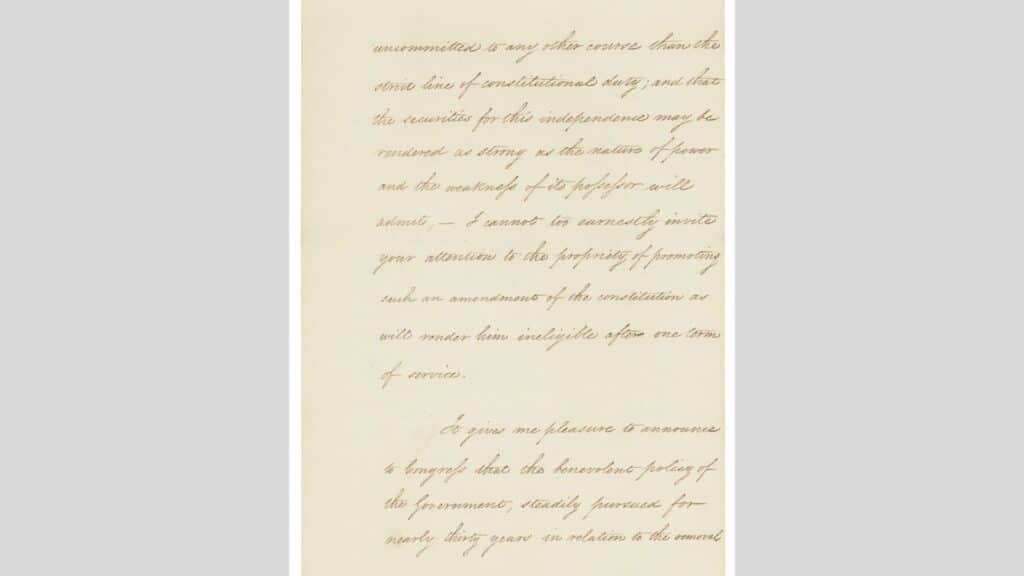
The Indian Removal Act of 1830, driven by expansionist motives, forcibly displaced Native American tribes from their homelands to make way for white settlers. Its cruelty culminated in the Trail of Tears. Eventually, recognition of Native American sovereignty and changing outlooks in America led to the Act’s gradual repeal, as well as acknowledgment of the horrors of the past.
Fugitive Slave Acts

During one of the most shameful periods in American history, the Fugitive Slave Act of 1850 mandated the return of escaped slaves to their owners. The law even applied in free states. Its repeal became a crucial victory for the anti-slavery movement, but was also a significant reason for the onset of the Civil War.
Jim Crow Laws
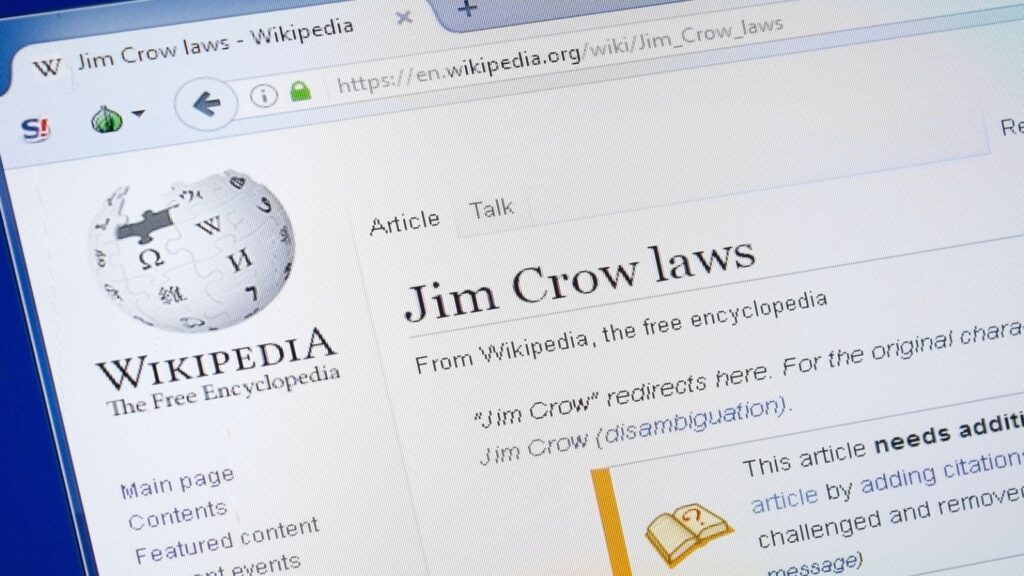
The Jim Crow laws, instituted after the Reconstruction Era, enforced racial segregation and disenfranchised African Americans. The Civil Rights Movement of the 1960s challenged these laws, leading to their gradual repeal, although the effects are still felt to this day.
Poll Taxes
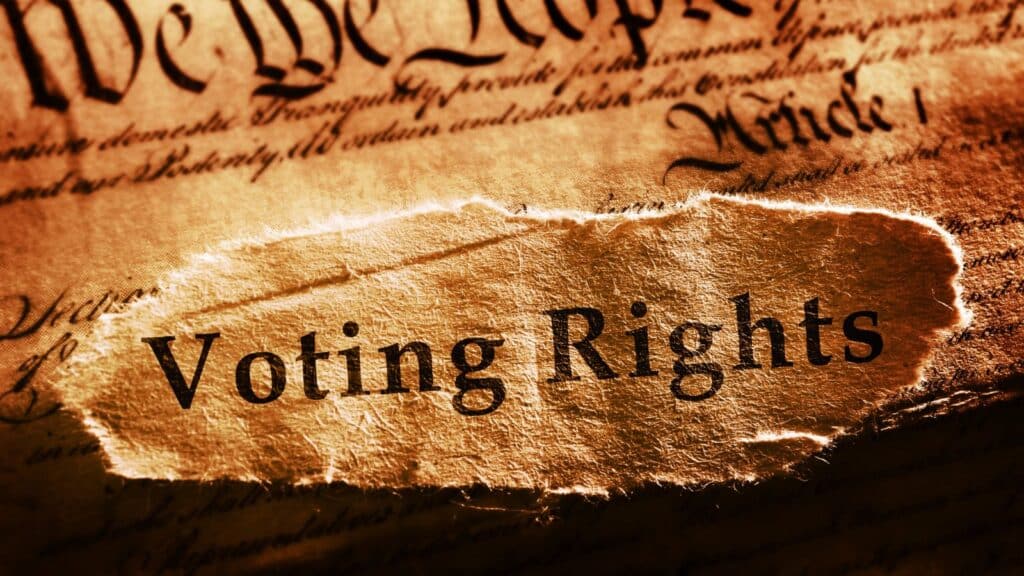
One important and devastating aspect of the Jim Crow laws were racist poll taxes used to disenfranchise African Americans by requiring payment just to vote. They were finally abolished thanks to The 24th Amendment, ratified in 1964, which enshrined voting rights for all citizens.
The Alien and Sedition Acts of 1798
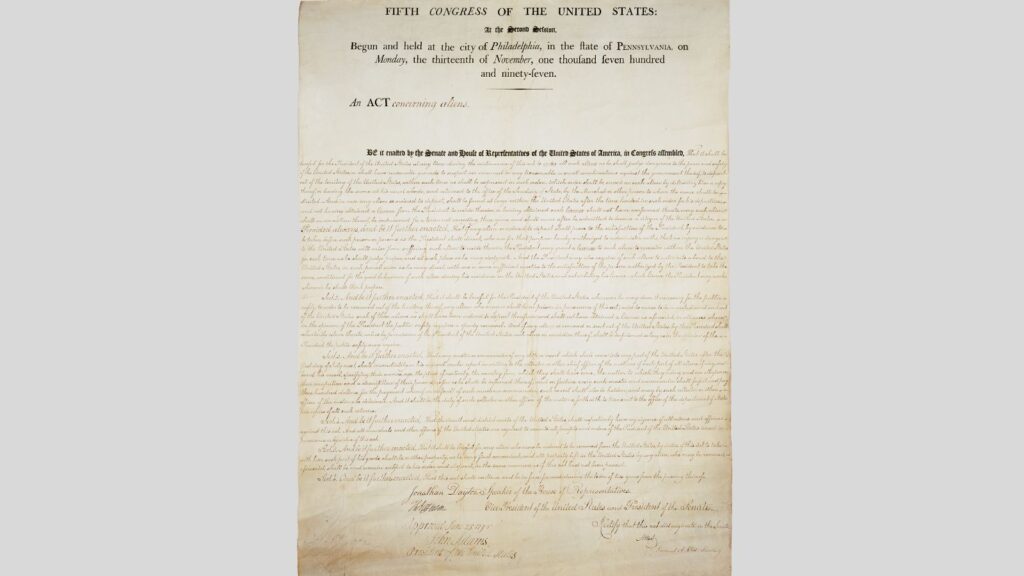
The Alien and Sedition Acts of 1798 were enacted by a Federalist-controlled Congress to suppress dissent and curb immigration during a time of political tension. They were controversial and unpopular from the start, being seen as violating First Amendment rights and therefore unconstitutional. As such, neither lasted long. The Sedition Act expired in 1801, and the Alien Acts were repealed in 1802.
The Comstock Laws

The Comstock Laws, enacted in the late 19th century, restricted the distribution of birth control information and materials, as well as what was considered to be obscene literature at the time. Over time, changing social norms led to legal challenges of the law in the 20th century. Over time, the laws were gradually repealed.
The Mann Act
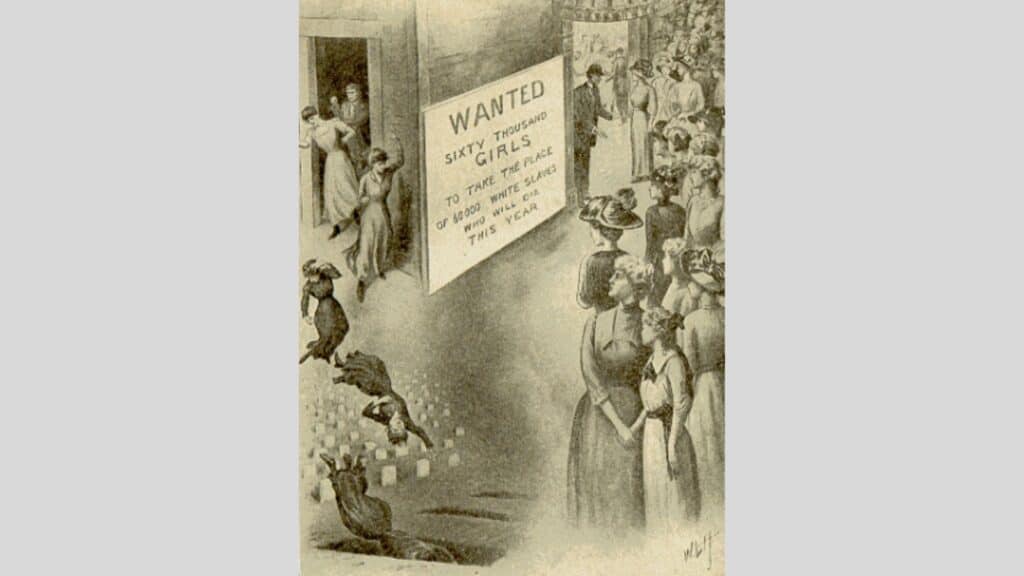
The Mann Act, passed in 1910, criminalized the transportation of women across state lines for “immoral purposes.” It targeted human trafficking but was often used to prosecute consensual sexual relationships. Despite amendments, its controversial provisions remain, though enforcement has waned over time.
The Espionage Act of 1917

The Espionage Act of 1917 aimed to suppress dissent during World War I, leading to arrests of anti-war activists. This soon led people to question the law’s constitutionality., But to this day, key provisions remain, reflecting ongoing tensions between national security and civil liberties. The most controversial aspects of the act were removed following the end of the war, but it has never been fully repealed.
The Sedition Act of 1918
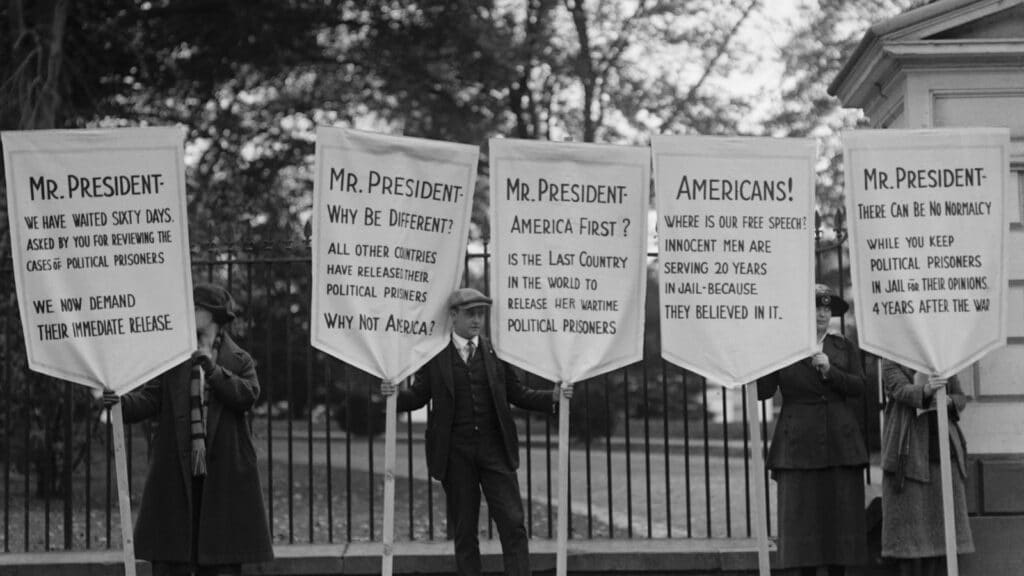
The Sedition Act of 1918 was another controversial law passed during wartime. It deliberately aimed to restrict free speech, specifically targeting anti-war sentiments and socialist activities. Although it was not explicitly repealed, its provisions expired in 1920, following the end of World War I.
The Federal Assault Weapons Ban

The Federal Assault Weapons Ban, enacted in 1994, prohibited the manufacture and sale of certain semi-automatic firearms. Despite its intention to reduce gun violence, its effectiveness has always been up for debate. The ban expired in 2004, and subsequent efforts to reinstate it have been unsuccessful.
The Executive Order 9066 (Japanese American Internment)

Executive Order 9066, signed in 1942, authorized the internment of Japanese Americans during World War II, based on fears of espionage and sabotage. It was repealed decades later with the Civil Liberties Act of 1988.
The Immigration Act of 1924 (Johnson-Reed Act)

In another controversial political shift relating to race, the Immigration Act of 1924, also known as the Johnson-Reed Act, imposed strict immigration quotas based on nationality, favoring Northern and Western Europeans. It stayed in place until 1965, when the Immigration and Nationality Act was passed, aiming to eliminate racial and national discrimination in immigration policies.
The Alien Registration Act (Smith Act)

The Alien Registration Act of 1940, otherwise known as the Smith Act, mandated the registration and potential deportation of non-citizen members of certain organizations believed to be involved in communist and socialist activities during the Red Scare. Parts of the Smith Act were later repealed for being unconstitutional, but its core provisions are still written into law.
The Cable Communications Policy Act of 1984

More recently, the Cable Communications Policy Act of 1984 established regulations for cable TV, including rules about franchising and programming requirements. However, exploitation of the Act led to concerns over companies monopolizing the industry. It was replaced by the Telecommunications Act of 1996, which greatly deregulated the industry to encourage competition.
The Glass-Steagall Act

Unlike many of the laws in this list, the repeal of The Glass-Steagall Act of 1933 might have done more good than bad for the country, and even the world. The Act separated commercial and investment banking activities to prevent conflicts of interest and protect consumers. It was repealed in 1999 under the Gramm-Leach-Bliley Act, giving banks more freedom with people’s savings and the rise of “too-big-to-fail” megabanks. This is now thought to have contributed to the 2008 financial crisis, from which the world is still trying to recover.
19 Grim Realities of Dating After 50 That Are Often Overlooked

19 Grim Realities of Dating After 50 That Are Often Overlooked
26 Things That Will Be Extinct Because Millennials Refuse to Buy Them

26 Things That Will Be Extinct Because Millennials Refuse to Buy Them
24 Outdated Slang Terms You Absolutely Shouldn’t Be Using Anymore

24 Outdated Slang Terms You Absolutely Shouldn’t Be Using Anymore
25 Hardest Parts About Getting Older That No One Ever Talks About

25 Hardest Parts About Getting Older That No One Ever Talks About



